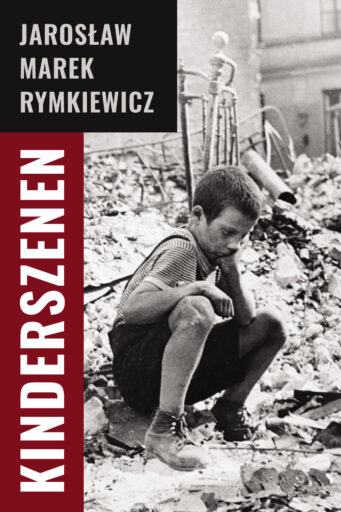

In Sister Zero, a woman who never wanted children suddenly becomes a mother to her nine-year-old nephew after her sister commits suicide at age 34. Fifteen years later, the boy will also kill himself and in almost exactly the same manner.
| Hardcover | ISBN 9781639821181 | $32.00 |
| Paperback | ISBN 9781639821174 | $17.00 |
| eBook | ISBN 9781639821198 | $14.99 |
In Sister Zero, a woman who never wanted children suddenly becomes a mother to her nine-year-old nephew after her sister commits suicide at age 34. Fifteen years later, the boy will also kill himself and in almost exactly the same manner.
Narrated through short prose sections and snippets of “advice” from Mister Ed (of the old television show), Sister Zero exhumes the sisters’ shared childhood for missed clues, interrogates memory’s accuracy, and interacts with a mother who’s disappearing into late-stage Alzheimer’s.
As the shock of these deaths ripples out, the book progresses in swift strokes between the tough and tender, often staring stony-eyed at a terrifying moment, then jumping forward or backward in time to a moment of quiet humor.
Each chapter begins with an altered page from the Official Guide to the 1964 World’s Fair: collages Van Winckel made as testaments to that touchstone event in New York when the sisters were children, a time she realized how huge the world was, how vastly different other countries and cultures were from her own. The Fair was all about the future, its bright and happy promises. She and her now-dead sister rode a ride called “tunnel to the future.” The sister was scared; our narrator was not.
“Everything can change, will change, out of nowhere, in one second. . . .” Such are the tensions driving Sister Zero, a study of loss and endurance in a family beset by illness and addiction. With a masterful mix of hybrid prose and visual art, Van Winckel crafts an impressionistic memoir as strange and wondrous as the 1964 World’s Fair haunting its narrator—a dreamscape of Americana where poetry pops from cigarette ads and wisdom issues from the mouth of a talking horse on TV. Ultimately, Sister Zero is a portrait of strong free-spirited women seeking not so much “peace through understanding”—the motto of the `64 Fair—as happiness in uncertainty, clarity within contradiction, and the kind of grace felt only through grief. Eloquent. Edgy. Dazzling.
Harrison Candelaria Fletcher, author of Finding Querencia: Essays from In Between
At the start of her stunning memoir Sister Zero, Nance Van Winckel asks, “Why worry the sorry?” It’s a centering question as Van Winckel explores her younger sister’s suicide and the equally tragic loss of her nephew. The past haunts even as the author’s mother sinks into dementia, two prism angles in a lyric work obsessed with both remembering and forgetting. Postcards from the 1964 World’s Fair serve as chorus, each collaged with text from the author, juxtaposing that event’s cockeyed optimism with the hard truths of the now. Sister Zero ends in the “vast maybe,” with a codicil of bits removed from the chapters: this story can never contain itself. The book is comical, clear-eyed, linguistically rich, and occasionally devastating. It helps me see again that Van Winckel is one of the most wildly imaginative writers of our time.
Susanne Paola Antonetta, author of Entangled Objects
This masterful collection is a beautifully sharp treatise on mothers, daughters, and sisters, and the intractable and irreplaceable bonds, for better and worse, that hold them all together. Heartbreaking, funny, furiously truthful and bravely inventive, Nance Van Winckel’s new book is unforgettable.
Bret Lott, author of Jewel